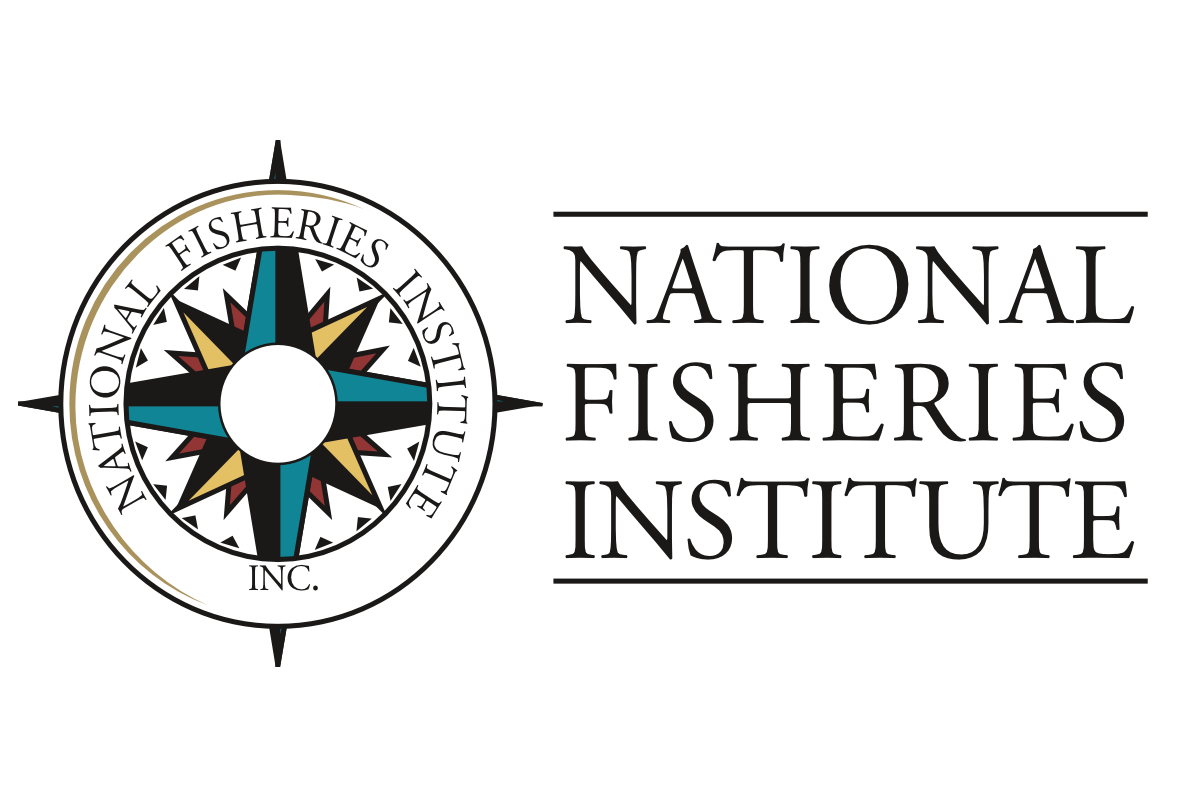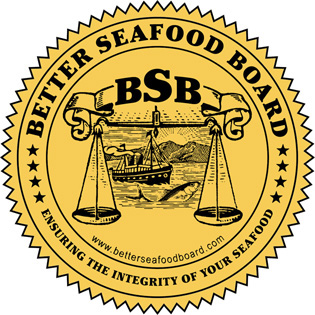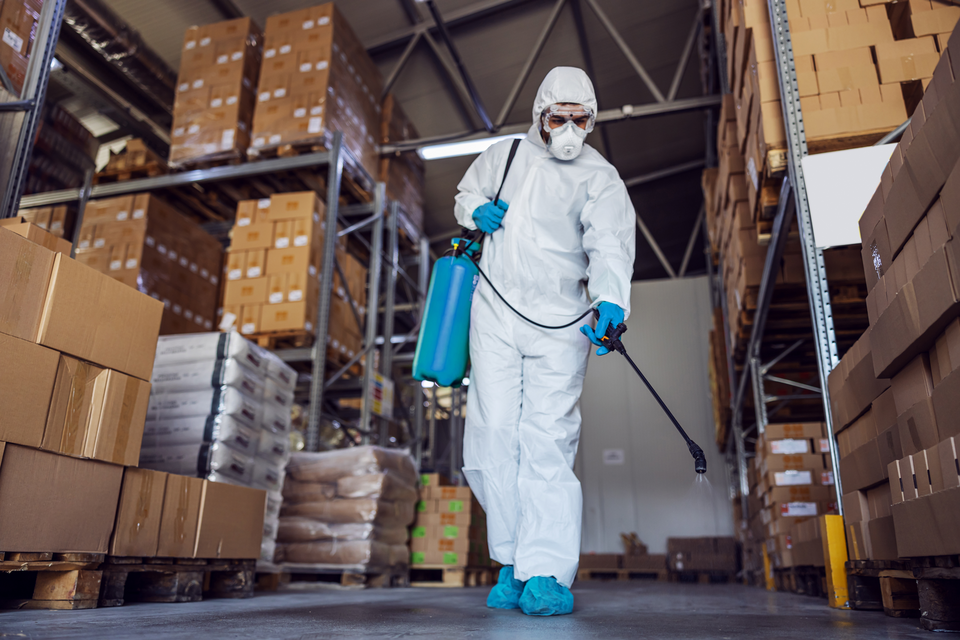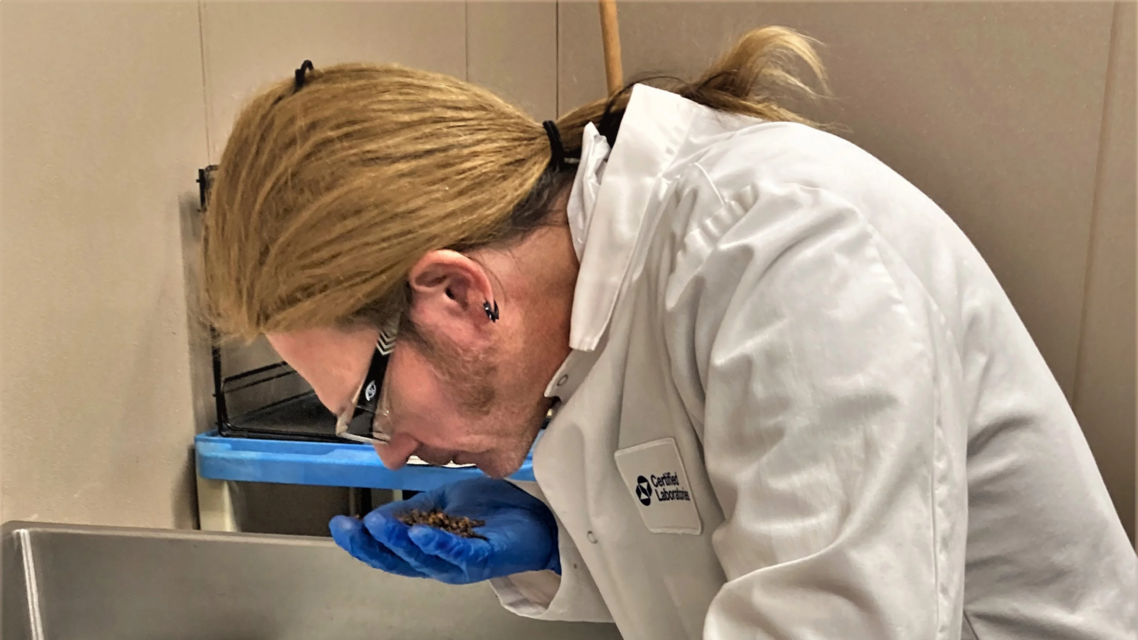Seafood Testing Laboratory
with Competitive Turnaround Time
Certified Laboratories offers comprehensive seafood sampling and testing with competitive turnaround time for retailers and companies that import seafood into the U.S. Services include microbiology, chemistry, organoleptic, filth testing, and more. We are recognized by every FDA district in the country and can handle nearly any type of required FDA analysis on your merchandise. Contact us to ensure the safety and quality of your seafood products.
Comprehensive Seafood Testing for Importers and Retailers
Certified Laboratories offers a complete spectrum of seafood testing services tailored to meet the stringent requirements of companies importing and selling seafood in the U.S. Our precise testing ensures compliance with FDA regulations and covers the following areas:
Physical Tests
- Light Filth
- Decomposition
- Grade
- Weight
- Count
- Quality
- Glazed/Deglazed Weight
- Parasites
Contract Research
- Process Validation
- Shelf-Life Studies
Chemistry Tests
- Allergens
- Histamine
- Indole
- Phosphorus
- Tripolyphosphate
- Other added phosphates
- Metals – Prop 65
- Moisture
- Water Phase Salt
- Nitrites
- Nutritional Analysis
- Antibiotic Residuals
- Nitrofurans
- Chloramphenicol
- Tetracycline
- Sulfonamides
- Mebendazole
- Fluoroquinolones
- Illegal Dyes (Malachite Green/Gentian Violet)
Microbiological Tests
- Quantitative Analysis (pour plate, petrifilm, and MPN methods available):
- Aerobic Plate Count
- E. coli (generic)
- Coliforms
- Yeast and Mold
- Staphylococcus Aureus
- Bacillus Cereus
- Clostridium/Clostridium perfringens
- Vibrio cholerae/Vibrio parahaemolyticus
- Qualitative Analysis:
- Salmonella
- Listeria
- Listeria monocytogenes II
- E. coli O157:H7
- Campylobacter
Using validated methods and a comprehensive understanding of FDA imports and detention procedures, we deliver reliable results to protect your brand’s reputation.


Competitive Turnaround Time
We understand the importance of accurate and timely results when it comes to seafood testing. Our competitive turnaround time for seafood testing helps you…
Avoid costly delays
Minimize storage expenses
Safeguard the quality of your seafood
Seafood Testing by Technical Experts and Consultants
We provide access to technical experts and consultants who can answer your questions about your seafood test, industry regulations, and more. Our expertise covers…
FDA food safety requirements, including FSMA (Food Safety Modernization Act)
FDA 766 Reconditioning Application submissions
Insurance claims, temperature abuse, sampling, and testing
FDA Import Alerts
FDA Red List removal proposal submissions
Seafood HACCP compliance (21 CFR 123.12)
DWPE (Detention Without Physical Examination)
LAAF (Laboratory Accreditation for Analyses of Food) program qualified laboratories
NSSP (National Shellfish Sanitation Program)
FDA-Trained Organoleptic Experts in Seafood Decomposition
Our organoleptic services are among the best in the industry and include…
FDA-trained organoleptic analysts who use an FDA-approved scoring system and official government methods to evaluate your seafood for decomposition.
Specialization in clearing automatically detained shipments of shrimp, lobster tails, mahi-mahi, tuna, and various other finfish.
Quality control workshops for importers, distributors, and foreign shippers who have faced issues with FDA standards, designed to streamline future imports.
Quality and grading analysis, shelf-life studies, and consultation for proper labeling.
Related Resources to Our Seafood Testing
FDA Food Defect Action Levels & Filth Testing
Delve into the intricacies of food safety, exploring the three primary methods for analyzing and identifying unwanted substances in food and beverage samples. Gain insights into how these techniques are intricately linked with the FDA’s Defect Action Levels, and discover the most common contaminants that manufacturers must vigilantly look out for. Learn how consumer complaints and quality control inspections drive the need for Foreign Matter Identification, and understand the factors that influence the frequency of product testing, ensuring the highest standard of food safety.
Organoleptic and Sensory Analysis in Food Quality Control
Discover the power of Organoleptic testing in this blog where we unveil how sensory qualities of food and beverages are objectively evaluated to guarantee superior product quality. Learn how trained experts perform blind analyses, utilizing standardized criteria to assess and score taste, smell, texture, and appearance on the Hedonic Scale. Understand the critical role this data plays in optimizing product shelf-life and meeting consumer expectations, ensuring your brand remains protected and revered.
Antibiotic Residue Testing for Seafood - Avoiding FDA Detention
Navigate through the complexities of U.S. FDA regulations on monitoring harmful substances in seafood and learn about the predominant role of Liquid Chromatography-Mass Spectrometry (LC-MS/MS) in testing for antibiotic residues. Discover why aligning with knowledgeable suppliers and maintaining meticulous records is crucial for compliance and read about the importance of selecting laboratories that boast ISO 17025 accreditation, extensive experience, and access to advanced instruments to safeguard your seafood products.
Begin Your Seafood Testing Now
We provide accurate results, comprehensive services, and the responsive support you need to thrive in a competitive marketplace. Complete the short form to begin your seafood testing, and let us contribute to your success.



